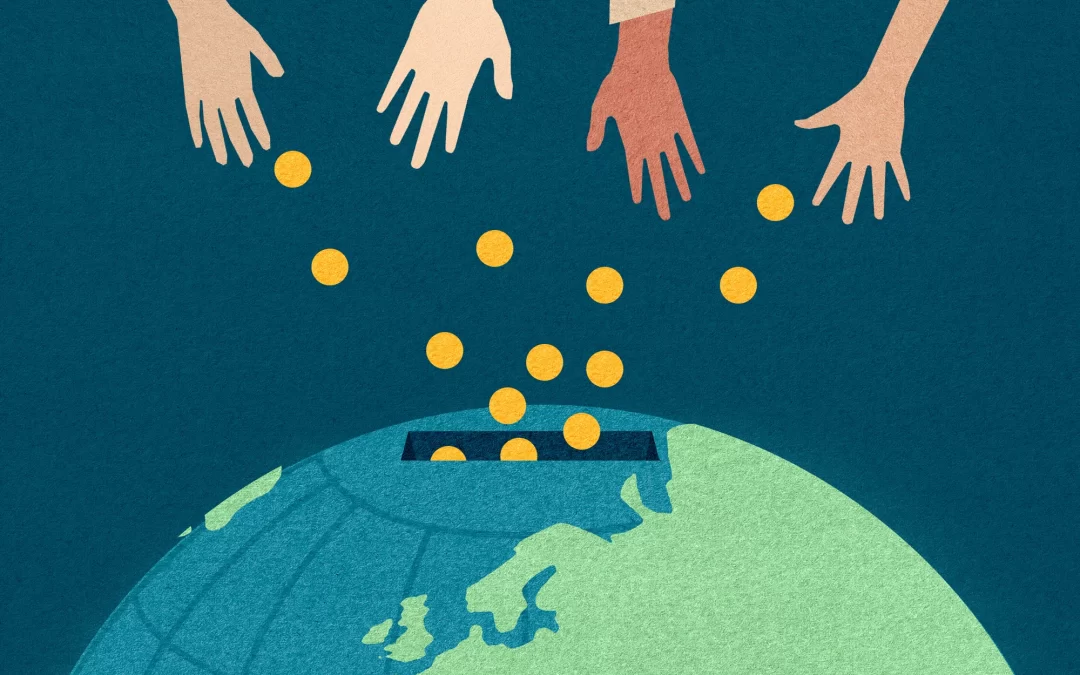Amidst the unfolding climate crisis, the role of individual accountability has taken center stage. While systemic change and policy shifts are critical, the collective impact of personal choices cannot be underestimated. In this article, we delve into the concept of individual accountability in addressing the climate crisis. We’ll explore the power of everyday actions, discuss practical steps individuals can take, and emphasize the ripple effect that emanates from even the smallest of choices.
The Power of Personal Choices
The climate crisis might seem like an insurmountable challenge, but it’s composed of the sum total of billions of individual decisions made every day. From the food we consume to the way we commute and the products we buy, each choice contributes to the carbon footprint we collectively leave behind. Recognizing the power of these choices is the first step towards fostering a sense of personal responsibility.
Practical Actions for Change
Empowerment comes through action, and there’s a myriad of practical steps individuals can take to reduce their environmental impact. Transitioning to renewable energy sources, adopting sustainable diets, reducing waste, and opting for eco-friendly transportation are just a few examples. By integrating these changes into our lives, we not only shrink our carbon footprint but also serve as role models for others.
The Ripple Effect of Choices
The beauty of individual accountability lies in its ripple effect. Every action we take – no matter how small – sends a message to our peers, communities, and industries. When we choose reusable over disposable, advocate for clean energy, or support sustainable businesses, we create a ripple of influence that extends far beyond our immediate circle. This ripple has the power to shape norms, drive demand for sustainable products, and inspire collective change.
The Collective Impact
While the impact of a single individual’s choices might seem limited, the collective effect is profound. When individuals unite under a common purpose, their actions can drive systemic change. From grassroots movements advocating for climate policies to the rise in demand for renewable energy, individuals are pivotal drivers of progress. By recognizing the collective impact, we shift from isolated efforts to a movement with momentum.
Shifting Perspectives
The concept of individual accountability extends beyond personal choices; it encompasses advocacy, education, and fostering a culture of sustainability. By engaging in conversations, raising awareness, and holding leaders accountable, individuals can amplify their impact. Shifting perspectives and reframing the discourse around climate responsibility can lead to widespread change and create a sense of urgency.
Creating a New Normal
As individuals embark on their journeys towards greater climate accountability, they contribute to creating a new normal – one where sustainability is integrated into every facet of life. The new normal involves questioning consumerism, embracing conscious consumption, and advocating for policies that prioritize the planet’s health. By collectively embracing this shift, we create a world that aligns with our shared values.
Conclusion
In the face of the climate crisis, individual accountability is not an option – it’s an imperative. The world needs a wave of conscious individuals who recognize the role they play in shaping the future. By understanding the power of personal choices, taking practical actions, and embracing the ripple effect, individuals can catalyze change on a global scale. Through collective accountability, we can create a more sustainable and equitable world for current and future generations.








